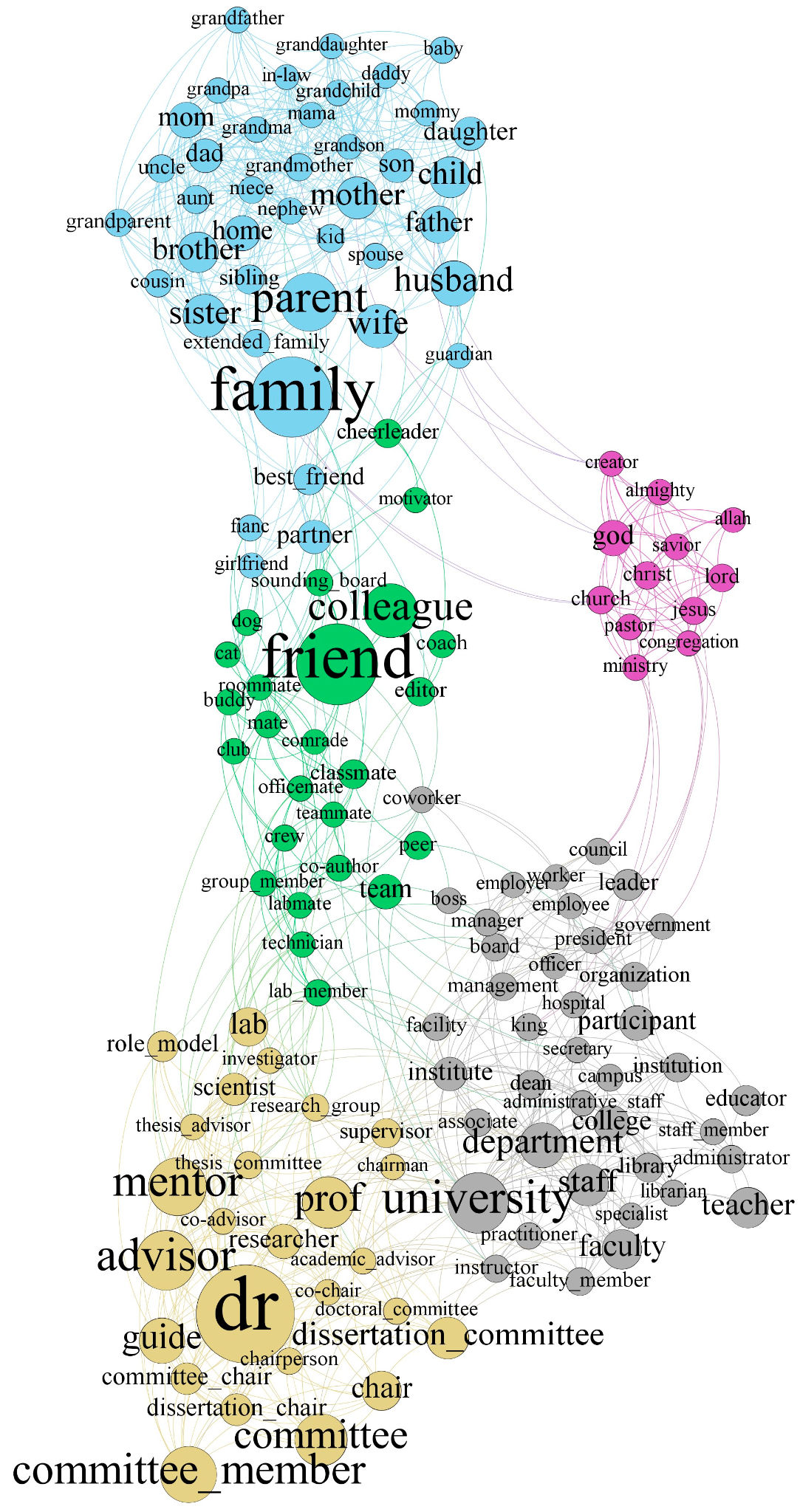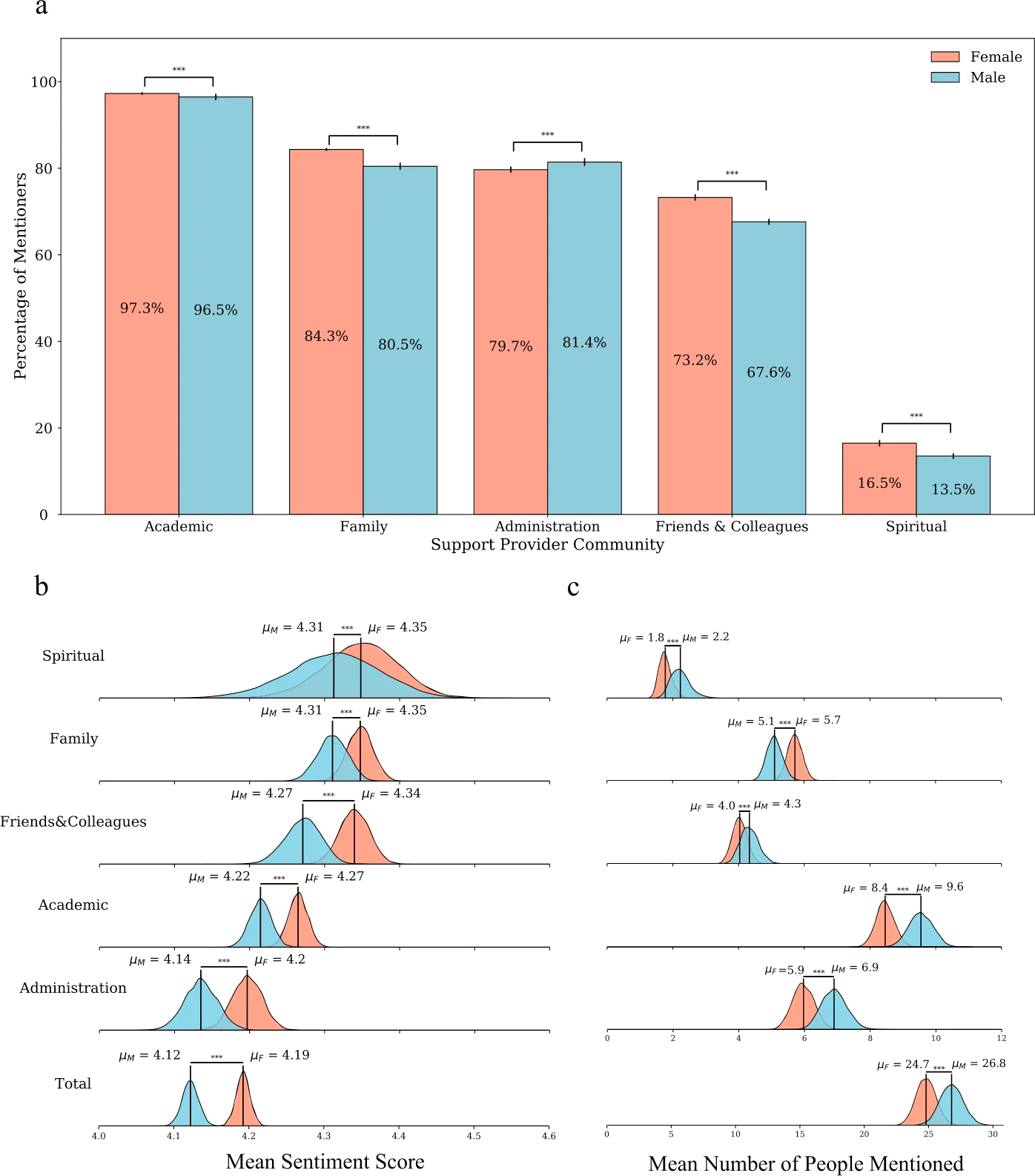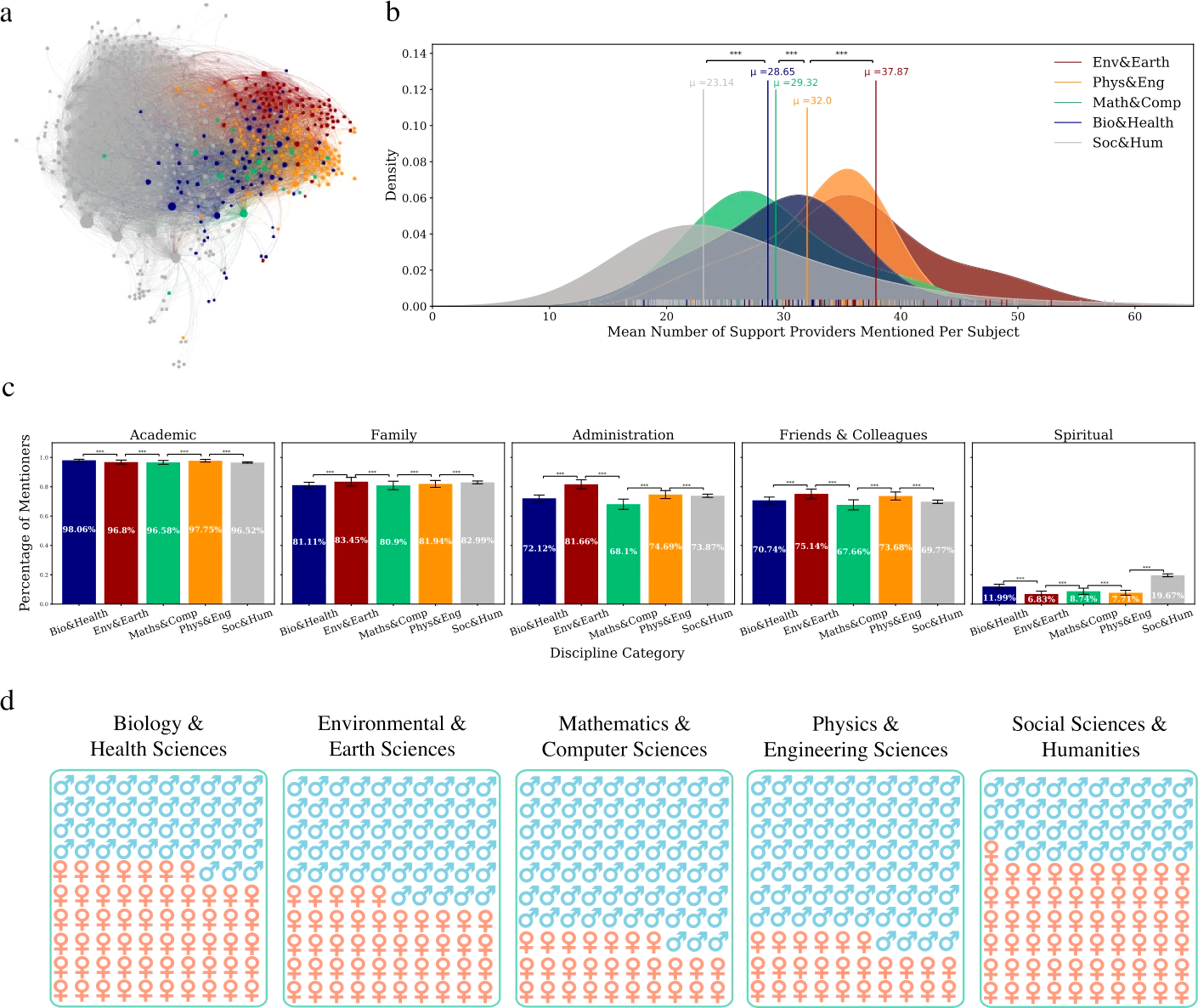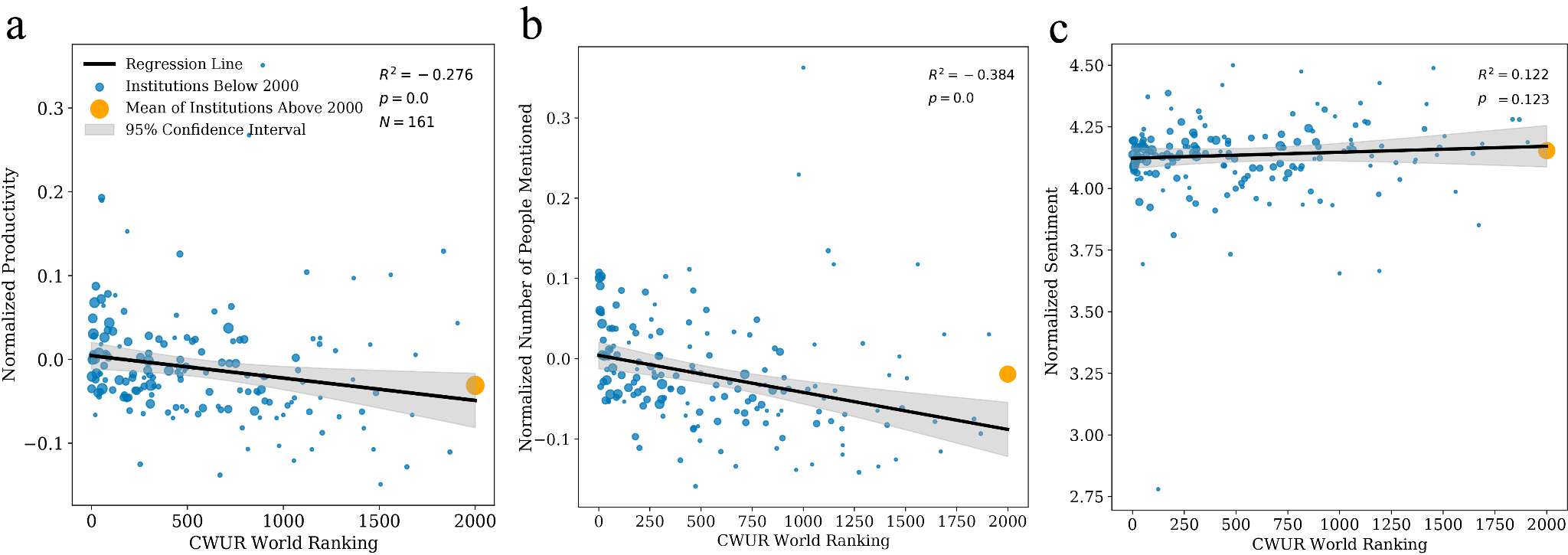
The successful completion of a doctoral program is more important than admission. Every year, thousands of students take standardized exams in languages and other relevant subjects to prove their qualifications. A high score on these exams is just the beginning.
They also submit their transcripts to prove their academic achievements, as well as recommendation letters that indicate their research experience. These are the minimum requirements a student must meet to apply to their “dream” doctoral program.
However, students usually overlook the importance of a research environment, academic supervision, and financial support for their academic success. In particular, recent trends in academia indicate an increase in mental health problems among doctoral students.
In a recent survey, 36% of respondents reported seeking help for anxiety or depression caused by their studies. Most students are overworked and stressed to meet the expectations set by the current “publish or perish” culture.
Research on academic career paths also focuses on performance metrics such as number of publications, grants received, or measures of success such as citations, impact factors, and institutional rankings to evaluate academics. Although these metrics can correlate with arbitrary “success” metrics or recognition, they are limited to explain mechanisms to achieve a better academic life.
We do believe true academic success is more than some arbitrary numbers. Since these measures can be gamed as Goodhart’s law suggests. We want to understand factors influencing students’ well-being and hope that improving them leads to a better academic world.
That’s why in our work we studied students’ perspectives to investigate their doctoral experience. Dissertation acknowledgements capture these personal experiences and give students an opportunity to thank people and institutions supporting their doctoral experience.
To study acknowledgements on doctoral dissertations, we collected PDF files deposited in the PQDT-Open platform and analyzed the text using natural language processing techniques to detect distinct support providing entities.
We systematically identified acknowledged individuals and institutions, by using a data-driven approach supported by manual inspection and found the support providing entities in the acknowledgements such as mother, brother, advisor, colleague etc.
For these entities, we trained Doc2vec embeddings using the documents and computed similarities between them and built a network representation as shown in Fig. 1. This network captures interesting insights; professional and personal networks are separated, friends bridges across these communities.

When we applied community detection techniques, we consistently obtained five groups: Academic, Administration, Family, Friends & Colleagues, and Spiritual. The way people acknowledge them also differs in terms of the language use and part of the acknowledgement text they mentioned.
One of our motivations in this research is to investigate similarities and differences of academic support networks across discipline and gender.
We showed that female students, compared to their male counterparts, mention fewer people from each of these communities except for their families (see Fig. 2). However, sentiment analysis results demonstrated that they use a more positive language when acknowledging each community.

Meanwhile, the gender gap between Friends & Colleagues community seems to be highest; the difference is narrower for the Spiritual characters, but still significant despite the large variance of the distribution.
Our results also suggested that the total number of people mentioned in the acknowledgements, as shown in Fig. 3, allows disciplines to be represented on an individual science-team science plane as their magnitudes change, in which case the Social Sciences & Humanities and Environmental & Earth Sciences are on the associated extremities, respectively.

We argued that while dissertations on certain subjects may be considered as individual work and require less academic collaboration and administrative support, other subjects might require cooperation, teamwork, and access to resources and field work.
Moreover, it is also reasonable to presume that different disciplines might have different preferences in terms of acknowledging the support provider categories. While the results show that there is a small gap between occurrence rates, it varies the most for Administration and Spiritual communities (see Fig. 3(c)).
Mathematics & Computer Science students seem to mention their families, friends, colleagues, and the administration less than other disciplines.
Additionally, almost one fifth of Social Sciences & Humanities students acknowledge spiritual characters, which may be explained by dissertation studies in religion and relevant fields (e.g., “Biblical Studies”, “Islamic Studies”) covered under this discipline.
We also enriched our dataset for individual researchers by adding the number of publications before and after the graduation of associated PhD students from Dimensions.ai API to be able to examine the relationship between the characteristics of acknowledgements and productivity levels.
We used this measurement to describe the relationship between students’ demographics, their acknowledgement characteristics, and productivity levels. We have three main observations:
- As shown by the previous work, students from the STEM fields such as Physics & Engineering or Environmental & Earth Sciences publish more than their counterparts in Social Sciences & Humanities.
- Male students publish slightly more than the female students, which can be explained by various systematic biases in academia that starts from the very beginning of their academic careers. This known unfortunate situation is demonstrated by data one more time. Besides this, we found that the number of people mentioned from the academic network is positively correlated with the publication counts for male students.
- University rankings have a significant positive correlation with the number of publications as well as the number of people mentioned in the acknowledgements. However, neither university rankings nor students’ productivity levels correlate with the sentiments students express in their acknowledgements (see Fig. 4).

We hope that our findings will help to emphasize the importance of an environment and improve the conditions for graduate students. We also demonstrate how researchers from the science of science community can use a novel dataset and analyze students’ perspectives that haven’t been studied before.
Especially with the improvement of natural language processing techniques and availability of pre-trained models, there are vast opportunities to mine insights from full-text documents.
Comments